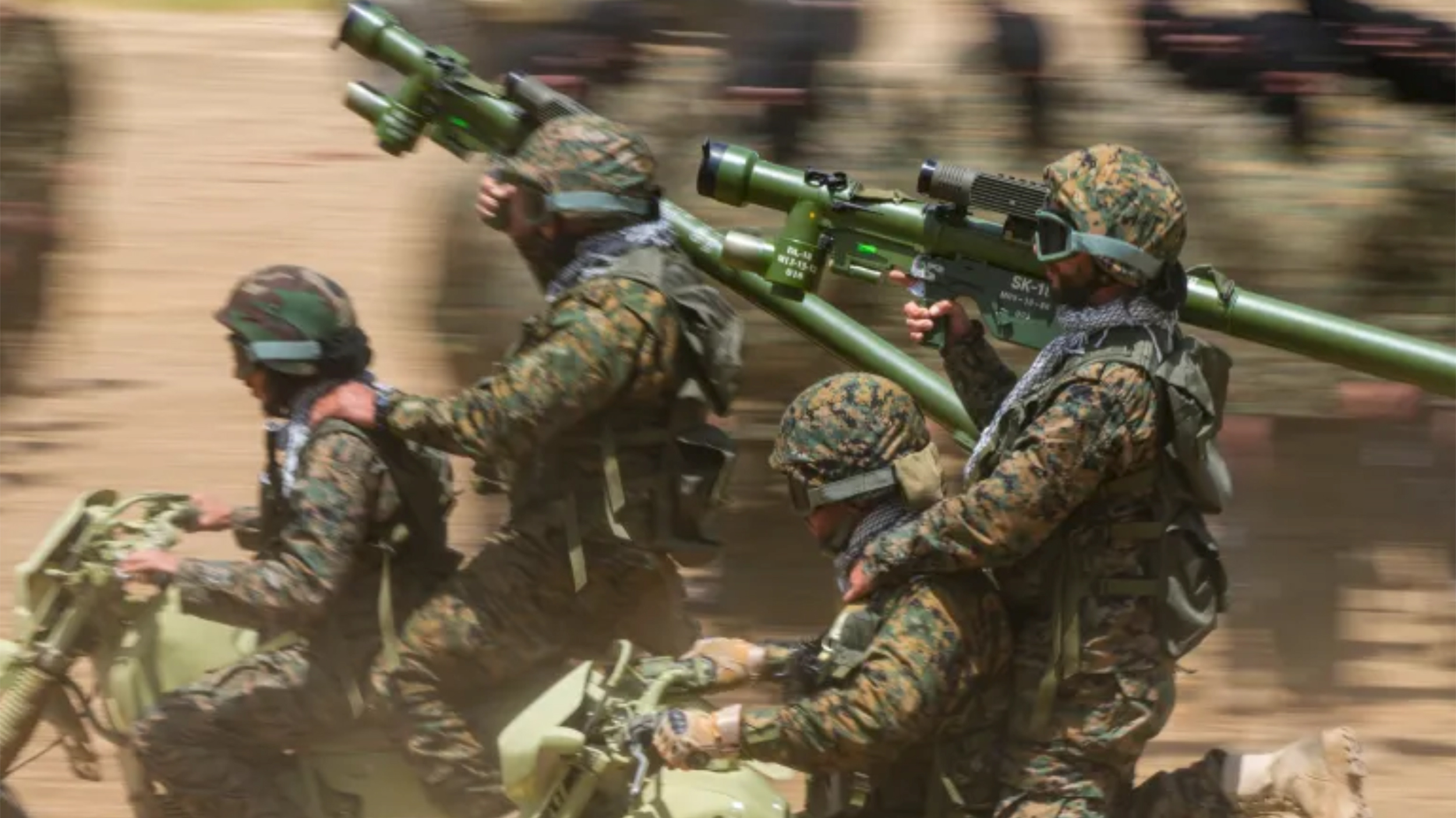
Fighting between Hezbollah and Israel erupted immediately after Israel launched its war on the Gaza Strip in October 2023. In the months that followed, clashes were limited: Hezbollah targeted Israeli military positions on the border, and Israel responded in kind. Seeking to avoid all-out war, both parties sought to confine the confrontation to the Israeli-Lebanese border region, though Israel has more than once made forays north of the Litani River.
On 11 June 2024, Israel assassinated veteran Hezbollah leader Talib Sami Abdullah. In response, Hezbollah fired hundreds of missiles at Israel for two days straight, inflicting severe damage on military positions and towns in northern Israel and drawing Israeli threats of further reprisals. Given this escalation, many Lebanese believe that a full-scale war between Hezbollah and Israel is now imminent.
Hezbollah’s position has been clear from the outset: it is acting in defence of its allies in the Gaza Strip. It does not seek to expand the level of engagement with Israel and will suspend its military operations as soon as a permanent ceasefire is reached in Gaza.
Despite this disciplined approach, Hezbollah has not been deterred by Israeli escalations in Lebanon. After the US presidential envoy warned the Lebanese government in mid-June that the United States would back an Israeli war on Lebanon unless Hezbollah withdrew its forces to the north of the Litani River, Hezbollah released drone footage of the Haifa port and nearby Israeli military installations, demonstrating its ability to penetrate Israeli defence systems. While still maintaining its original position on the war on Gaza, Hezbollah has made it clear that if the Israelis choose a wider war on the Lebanese front, it will fight without restrictions and has the equipment and know-how to inflict casualties and severe destruction on Israel.
In Israel, there is a consensus among the political and security establishment that the threat posed by Hezbollah must be contained sooner or later, but it is divided over how and when. Some in the Israeli opposition want to avoid an all-out war now, preferring to wait for more propitious regional and international conditions. They fear another war on Lebanon would further undermine Israel’s international standing, already severely damaged by the war on Gaza. Moreover, the Israeli army has been weakened by the war in the strip, where it is fighting a foe that is far less sophisticated militarily than Hezbollah, and US support for a Lebanon war is uncertain.
Proponents of a war on Lebanon assert that the danger posed by Hezbollah (and its Iranian patron) is too great to put off. Nor do they care about international public opinion, as long as US support is guaranteed. They are confident that the US will not abandon Israel in the event of a broader war and that the Israeli army has the military capacity to hurt Hezbollah enough to establish long-term calm on the border.
Prime Minister Benjamin Netanyahu will likely see another war in Lebanon and Hezbollah as serving his political interest, allowing him to stay in office and consolidate his alliance with the Zionist religious right.
Given these circumstances, the looming threat of a wider war on Lebanon can no longer be ignored, though it is not yet inevitable. Israel must first mobilise additional divisions on the Lebanese front, and it needs to secure an agreement for additional US military supplies and support for a war with Hezbollah and its regional allies.
While the Israeli leadership expects to scale down the war in Gaza in the coming weeks, allowing for a larger operation in Lebanon in August or September, Israel has lost the element of surprise, giving Hezbollah the opportunity to deploy its forces in preparation for a broader confrontation. And despite the effectiveness of Israel’s air defence systems, Hezbollah has already demonstrated its ability to exploit gaps and hit vital Israeli military and civilian targets. In other words, regardless of Israel’s military superiority, it is difficult to predict the course, duration and consequences of a war on Lebanon.
Most alarmingly, an Israeli war on Lebanon may spiral out of control and engulf the entire region, from Syria and Iraq to Yemen, and perhaps even Jordan and Iran, with dire, unpredictable consequences. This runs counter to US interests in the region and the world, and so the Biden administration may act to prevent the war before it erupts. It will not be successful, however, without real, tangible pressure on Netanyahu and his government, which cannot be guaranteed considering the repeated American political failures in Gaza.
*This is a summary of a policy brief originally written in Arabic available here.